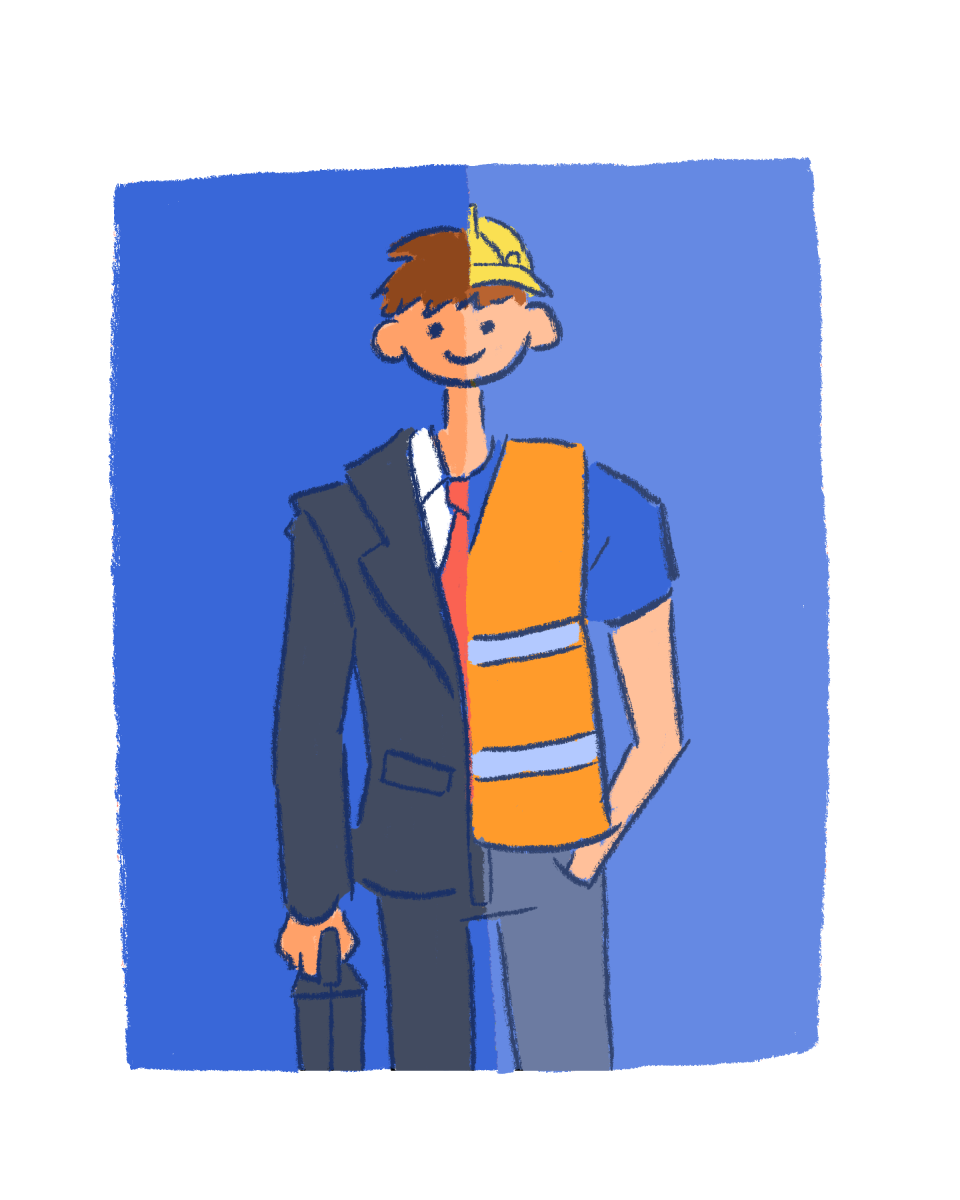For the past three years, the Career Identity Program has used workshops and personalized coaching meetings to empower students on their journeys to self-awareness and eventually future career paths. With increasing demand and limited resources, Career Identity Coaches Courtney Jones and Lori Ghosal have decided to limit the program to first-year students.
Jones and Ghosal, coaches for the College of Humanities and Social Sciences and College of Engineering, respectively, said they will accept close to 100 first-year students from each college. While spaces for the College of Engineering program are already full, Jones is preparing to send out applications to the priority list before offering spots to all first years in CHASS.
“[The Career Identity Program] is made up of interactive workshops and panels, and then individualized coaching meetings to help students in their first year … to get some direction, and then make a decision on a major and a career that they feel matches their interests, their personality and their skills,” Jones said.
Jones said in order to receive a certificate of completion, students must complete six core workshops, one elective and two coaching meetings each semester.
“Realistically, I would say 10-15 hours for the whole year,” Jones said. “It’s really not super time intensive, and because we offer the workshops multiple times and multiple days, it’s very flexible for students to be able to make it work with their schedule.”
Ghosal said although the program is currently capped at 100 students per college, there is opportunity for expansion by training more career identity advocates, faculty and staff to coach students. This fall, Ghosal will be training a group of 33 faculty and staff in addition to the 57 who are already trained.
“The coaching meetings are really important, because what they’re doing in a workshop is just kind of introducing a concept and having them think it through,” Ghosal said. “Then they come and meet with their coach, and they can make it very personal, very detailed and very specific … To me, that’s one of the biggest purposes for this program, is that it alleviates some of the anxiety and stress around the process of making a decision about the rest of your life.”
Haley Teeples, a fourth-year studying communication media, took part in the Career Identity Program as a first-year at NC State during the pilot year of the program.
“I wanted to obviously find a job title, but that program did a lot more than just finding a job title,” Teeples said. “They help you identify your strengths and your weaknesses … What people don’t realize is that’s where it starts … identifying your strengths and what you have to offer.”
Teeples said the program, especially the Stress Management elective workshop, was very meaningful to her development as a student.
“I remember that one in particular, giving advice of planning out more on a Google Calendar, setting aside time for certain things, and it was just kind of basic things that are just helpful to hear, especially as the first year,” Teeples said. “You’re kind of thrown into the deep end, that’s what college feels like … It’s very overwhelming, and so I remember that elective workshop being really beneficial just to get more feedback and ideas of how to balance your time.”
Ghosal said that NC State and the Career Development Center, which funds the Career Identity Program, have been international leaders in the idea of “career identity.” According to the program’s website, “98% of students reported that the Career Identity Program had a positive impact on their self-awareness and personal growth.”
“For me, it definitely confirmed that I want to be in the major that I’m in,” Teeples said. “I went into it more so as identifying your career … I didn’t just come out with a job title; I came out much more self-aware and understanding of what I’m able to provide in my future career.”








